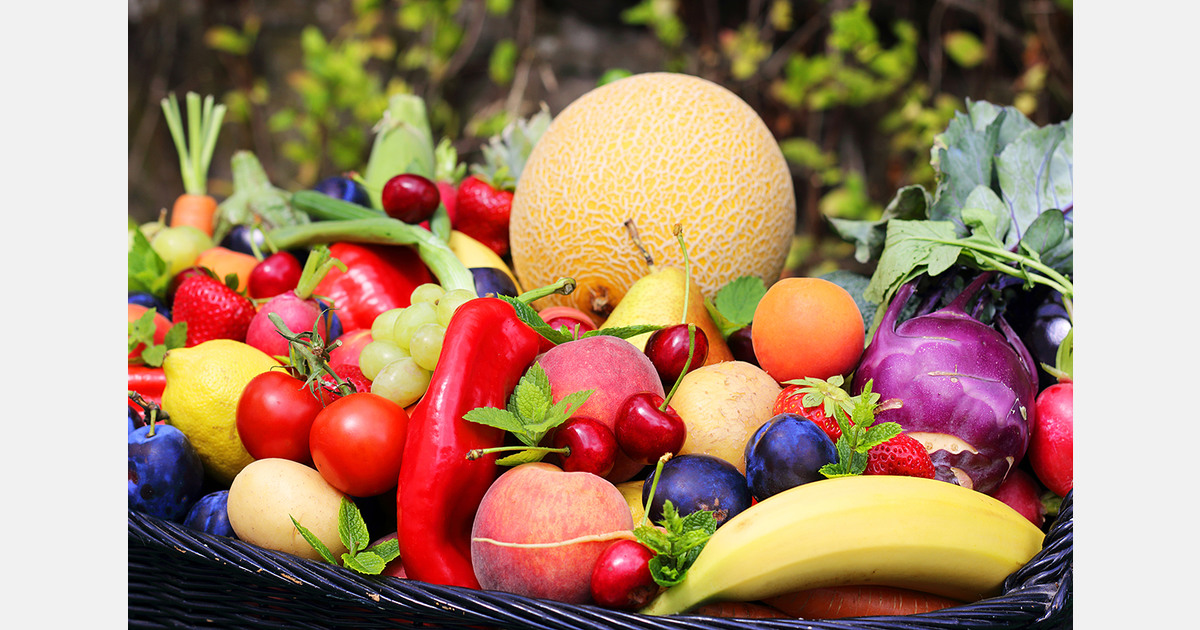
The Jammu region, which spans subtropical plains to higher temperate areas, is expanding fruit production as growers adopt high-density planting systems. The area’s varied elevations support crops ranging from mango, kinnow, guava, and litchi in the lowlands to kiwi, olive, peaches, plums, and pears in mid-altitude zones, with apples and walnuts grown in selected higher locations.
According to the Jammu and Kashmir Department of Horticulture, total horticultural land has increased from about 335,000 hectares in 2020-21 to around 345,000 hectares in 2023-24, with fruit output rising from 2.23 million tons to more than 2.6 million tons. Around 80 per cent of orchards in Jammu remain rainfed, and growers continue to report water stress as a major constraint. Climatic variability and limited post-harvest infrastructure result in yield and quality losses, particularly for litchi, guava, strawberry, and mango.
The Modified High-Density Plantation programme now includes mango, dragon fruit, citrus, and litchi. Applications for 2024-25 reached about 7,000 hectares against a target of 1,300 hectares. High-density orchards use closer spacing and improved rootstocks to support early bearing and uniform canopies. Training on pruning, fertigation, and pest management is expected to support adoption.
Rejuvenation of older orchards is underway, supported by recommendations from Sher-e-Kashmir University of Agricultural Sciences and Technology. Improved pack-houses, cold rooms, and ripening units are considered essential to reduce post-harvest losses and improve price realisation. Export opportunities exist for kinnow, guava, and litchi, particularly in Gulf markets. Mango pulp, kinnow juice, and dehydrated aonla offer potential for processing.
Intercropping and staggered planting help spread production risks. Digital tools are being introduced through sensor-based agriculture projects for pest surveillance and advisory services. Growers note that such tools provide more precise recommendations for orchard management.
With continued investment in irrigation, high-density systems, and post-harvest infrastructure, Jammu is positioning itself as an expanding sub-tropical fruit production region in northern India.
Source: State Times
Source: The Plantations International Agroforestry Group of Companies
